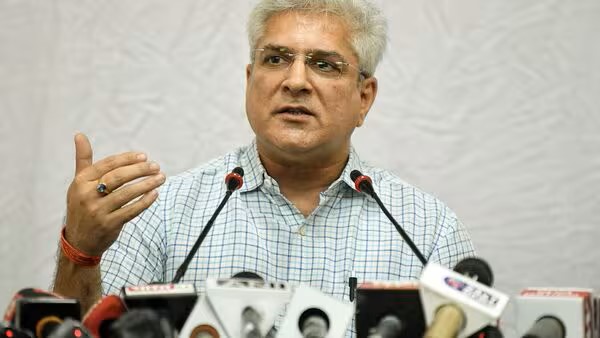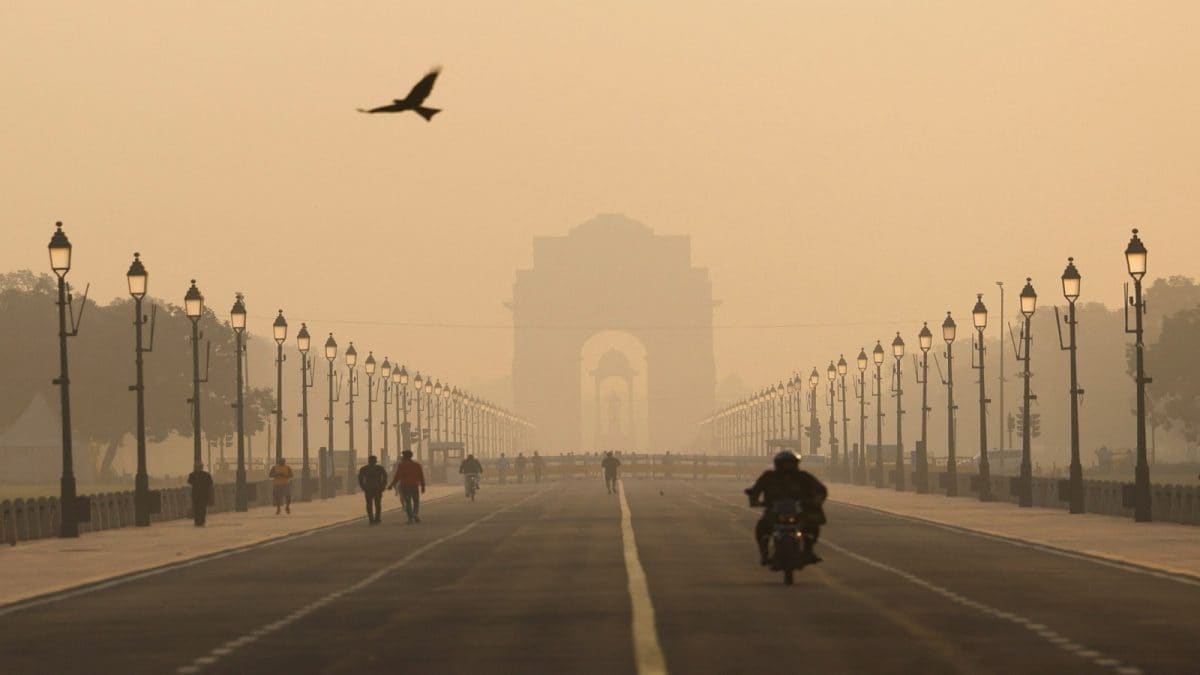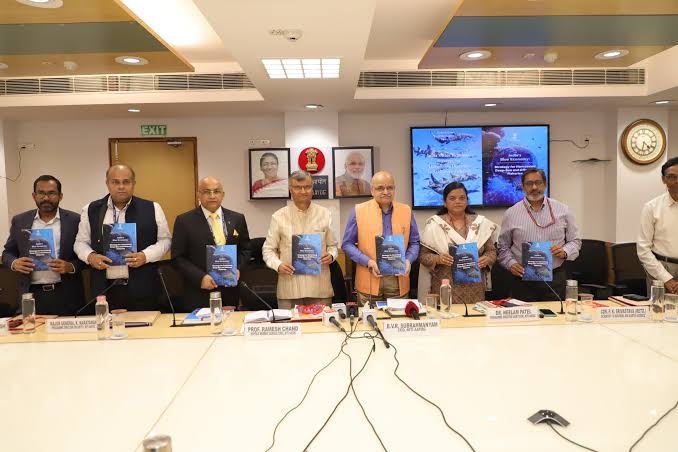Senior AAP leader and Delhi Minister Kailash Gahlot resigned from the party today, but the roots of his growing discontent with the leadership can be traced back to a significant incident on August 15, during the Delhi government’s Independence Day celebrations. Sources indicate that the discord between Gahlot and the AAP leadership began over the issue of who would unfurl the national flag that year.
 At the time, Delhi Chief Minister Arvind Kejriwal was in jail, facing charges related to the alleged liquor policy scam, and thus unable to attend the Independence Day ceremony. Kejriwal had instructed that Atishi, the Delhi Education Minister, should take on the ceremonial duty of hoisting the flag. However, Delhi’s Lieutenant Governor (LG) VK Saxena intervened, declaring Kejriwal’s directive invalid and instead designating Kailash Gahlot, the Delhi Home Minister, for the task.
At the time, Delhi Chief Minister Arvind Kejriwal was in jail, facing charges related to the alleged liquor policy scam, and thus unable to attend the Independence Day ceremony. Kejriwal had instructed that Atishi, the Delhi Education Minister, should take on the ceremonial duty of hoisting the flag. However, Delhi’s Lieutenant Governor (LG) VK Saxena intervened, declaring Kejriwal’s directive invalid and instead designating Kailash Gahlot, the Delhi Home Minister, for the task.
The LG justified this decision by pointing out that the Home Department oversees the Delhi Police, which is responsible for organizing the Independence Day march-past. However, this move set off a fierce political battle between the AAP-led Delhi government and the LG’s office. AAP accused Saxena of overstepping his constitutional role and interfering in local governance. Atishi, who had been initially assigned the task, condemned the decision, calling it “dictatorship” and accusing the BJP of undermining democracy.
Gahlot’s decision to follow the LG’s directive, rather than support his party’s stance, reportedly caused tension between him and Arvind Kejriwal. The episode marked the beginning of a rift between the two, with some sources suggesting that Gahlot’s compliance with the LG exacerbated the strain in their relationship.
The tension deepened further in December when Kejriwal’s government restructured the Cabinet, shifting the Law Department from Gahlot to Atishi, citing unfinished work. This move intensified the rift, leading to a growing sense of dissatisfaction within Gahlot about the party’s direction.
In his resignation letter, Gahlot did not hold back, describing the controversies surrounding the AAP as “embarrassing and awkward.” He singled out the “Sheeshmahal” controversy, which mocked Kejriwal’s residence expenses, as an example of misplaced priorities. Gahlot expressed disillusionment with the party’s shift away from its original values, citing unfulfilled promises like the cleaning of the Yamuna River.
Gahlot also criticized the increasing focus on political ambition rather than public service, which he believed had hampered the party’s ability to govern effectively. He noted that internal conflicts had become a major distraction, preventing the AAP from addressing the city’s pressing issues.
The BJP quickly seized on Gahlot’s resignation, framing it as a sign of AAP’s internal disarray and its failure to deliver on its promises to the people of Delhi. Party leaders used Gahlot’s exit as evidence of the AAP’s inability to maintain unity and effectively govern the national capital.




